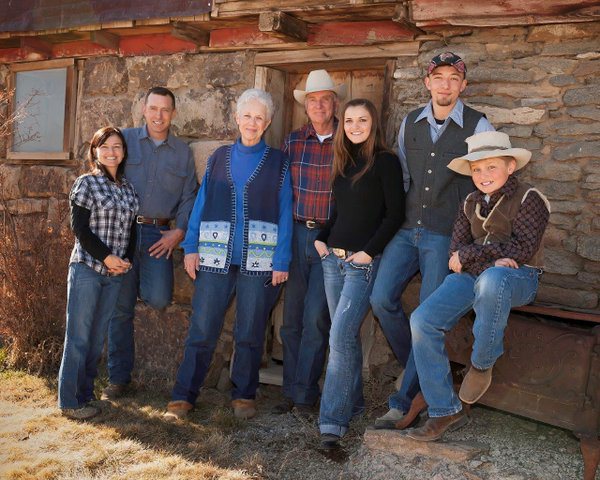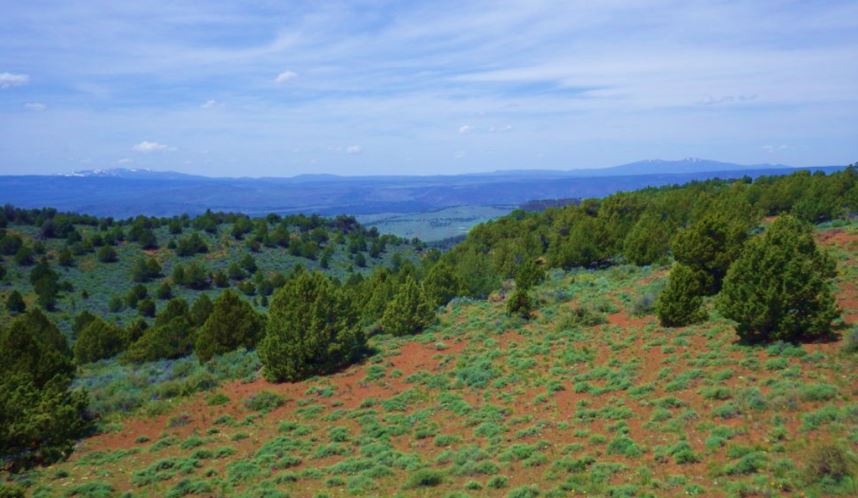The PRIME Act or Processing Revival and Intrastate Meat Exemption Act, would giving small-scale farms and ranchers better access to slaughtering facilities by authorizing the sale of locally-slaughtered meat to in-state households, restaurants, and grocers. Giving small and independent operators a boost in competitive strength would be an added benefit of the act. Opposition to the PRIME Act is based largely on concerns for food safety, but recent catastrophic closures of large regional beef, pork and poultry-processing facilities, proves the time to pass this bi-partisan bill is now. ~Editor
Baylen Linnekin Reason Magazine June, 2017
PRIME Act Would Help Put the ‘Local’ Back in Local Meat Production
States could set their own rules for meat that’s processed and sold within their own borders.
Locally raised meats might soon also be regularly slaughtered and sold locally, under a bipartisan bill now winding its way through Congress. The PRIME Act, first introduced two years ago, would allow each state to set its own rules for slaughtering cattle, pigs, and most other livestock and processing their meat, so long as that meat is sold only within the state’s borders.
States have been prohibited from setting their own inspection rules since Congress passed the Wholesome Meat Act 50 years ago. Under current law, meat processed via “custom slaughter”—at independent slaughter facilities not subject to USDA rules—may not be sold commercially.
Consolidation in the wake of the law has resulted in fewer and fewer slaughter facilities, a problem I detail at length in my recent book, Biting the Hands that Feed Us: How Fewer, Smarter Laws Would Make Our Food System More Sustainable. That’s meant fewer choices for small farmers and consumers alike.
The paucity of slaughter facilities in this country is truly startling. For example, a new USDA slaughter facility recently opened in Wyoming, making it the only such facility in a state that boasts 1.3 million head of cattle.
This lack of slaughter facilities at a time of rising demand for grassfed beef—typically produced by small farmers—is a huge problem.
The Wholesome Meat Act was intended to improve food safety. At a signing ceremony for the law, Pres. Lyndon Johnson said the bill would put “shady processors” out of business.
“[O]ne filthy plant is one too many,” Johnson proclaimed. But neither the Wholesome Meat Act nor USDA inspection has been any sort of panacea.
For example, in a lengthy piece last month for the New Food Economy, I describe how the USDA’s inspection regime is effectively broken. In the piece, I detail how a 2014 recall of nearly 9 million pounds of meat illustrates how a chain of USDA “actions were careless, secretive, and incompetent from the start, and likely played a role in the need for a recall.”


